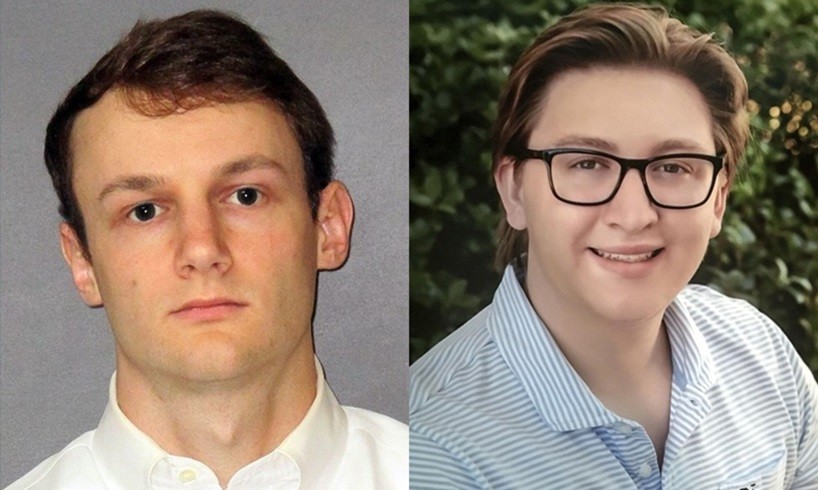
A hazing ritual has ended tragically after one of the pledges involved, Max Gruver, died from alcohol poisoning.
Subsequently, negligent homicide and hazing charges were brought up against one of the frat members responsible for the hazing, Matthew Naquin, as well as several others involved in the incident.
Former Louisiana State University students Ryan Isto, Sean-Paul Gott, and Patrick Forde were also arrested and faced hazing charges.
Isto, Gott, and Forde became prosecution witnesses during Naquin’s trial, and the two first ones got a 30-day sentence and had to pay $100 in fine.
Reports indicate that one of the men arrested in the case, Naquin, has been officially found guilty of negligent homicide over the incident.
While reports about the exact “Bible Study” ritual, a drinking game, remain sketchy and unconfirmed, it is claimed that the pledges were forced to drink 190-proof alcohol as part of the initiation ritual.
This was supposed to happen every time someone got an answer to a question wrong or failed to recite the Greek alphabet.
The young man, who ended up dead on Sept. 13, 2017, Gruver, 18, had reportedly consumed a fatal amount of alcohol during the incident.
Reports indicate that the concentration of alcohol in his blood was nearly 0.5%, significantly over any legal limits for driving and any other similar activities.
THC was also found in his system during the blood analysis, although it likely has not contributed to his death.
Phi Delta Theta fraternity was banned from LSU until 2033 after Gruver’s death. He had joined the university one month before the incident.
The tragedy has revived discussions about the already controversial hazing rituals that are so prevalent in various frat communities.
This is far from the first time a death has occurred as a result of a mishap in a hazing ritual, and many have called for frats to abolish the practice and switch to something less dangerous.
The Max Gruver Act was put in place in 2018 and tries to address the problems with up to $10,000 and five years in prison for anything that resembles “criminal hazing.”
However, it does not seem like hazing is going down in popularity in the slightest, judging by recent developments.
Naquin, 21, was found guilty in July, and his sentencing was set for October 16. It was delayed, and it has been rescheduled for November 20.
He faces up to five years in prison.






